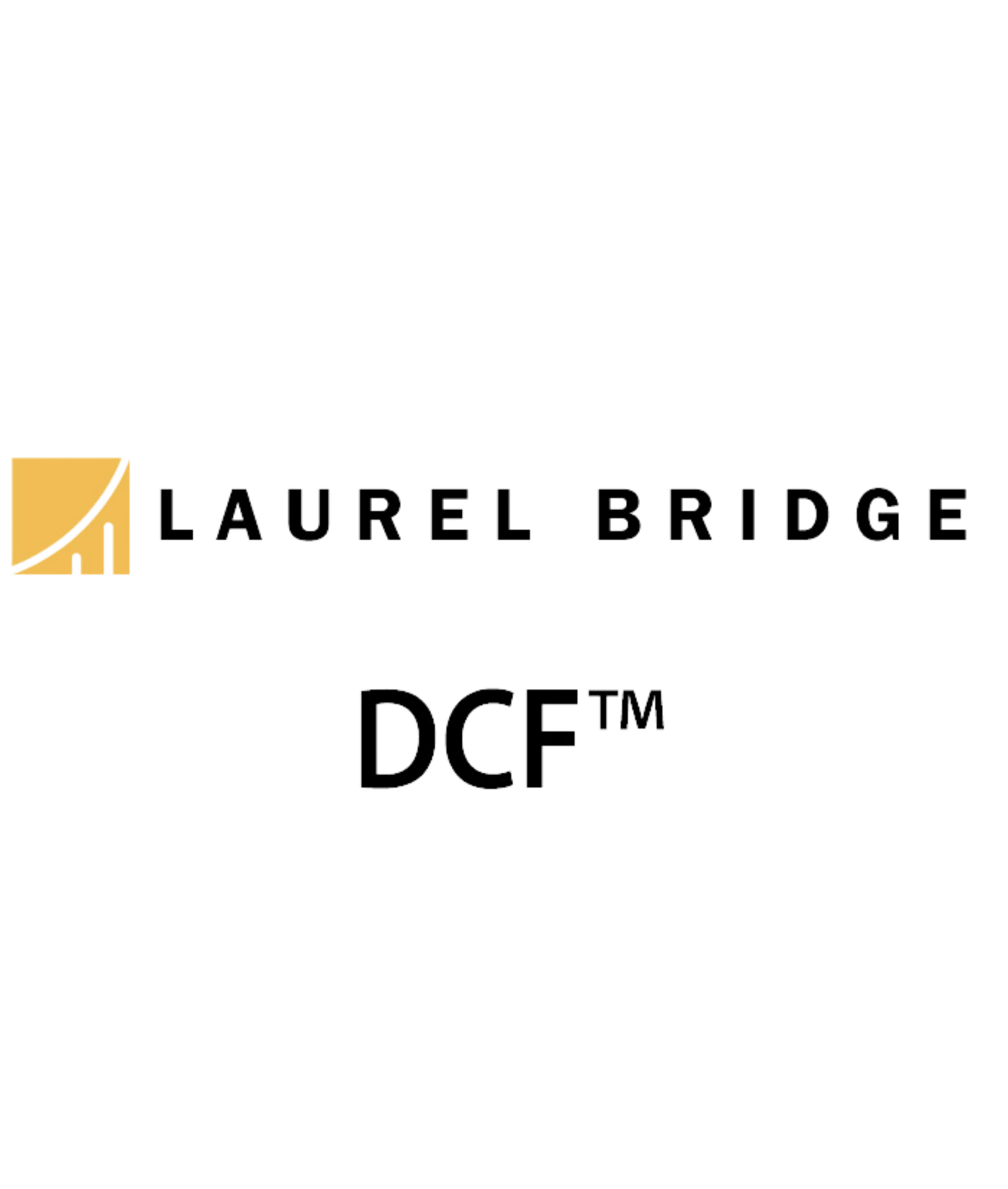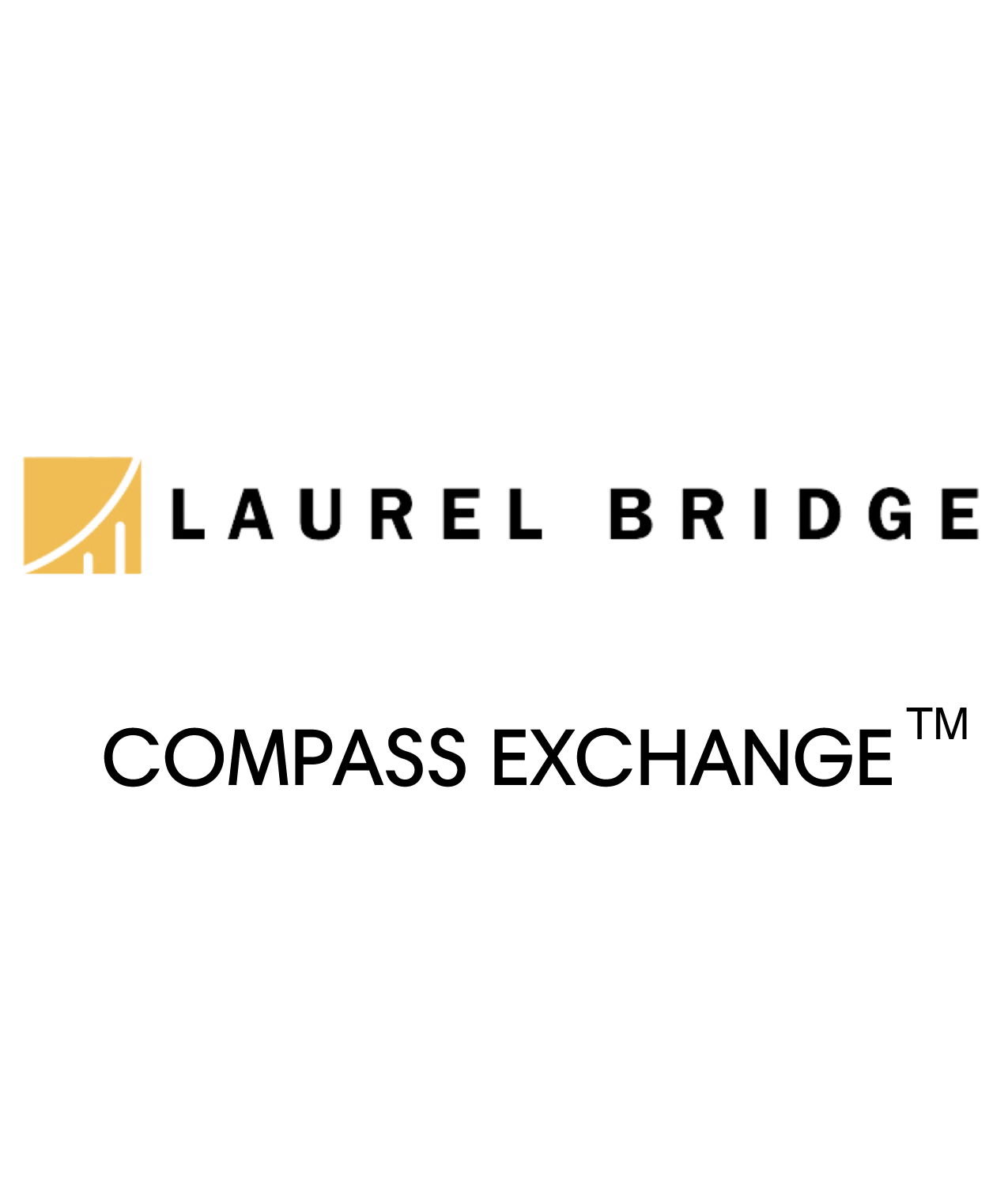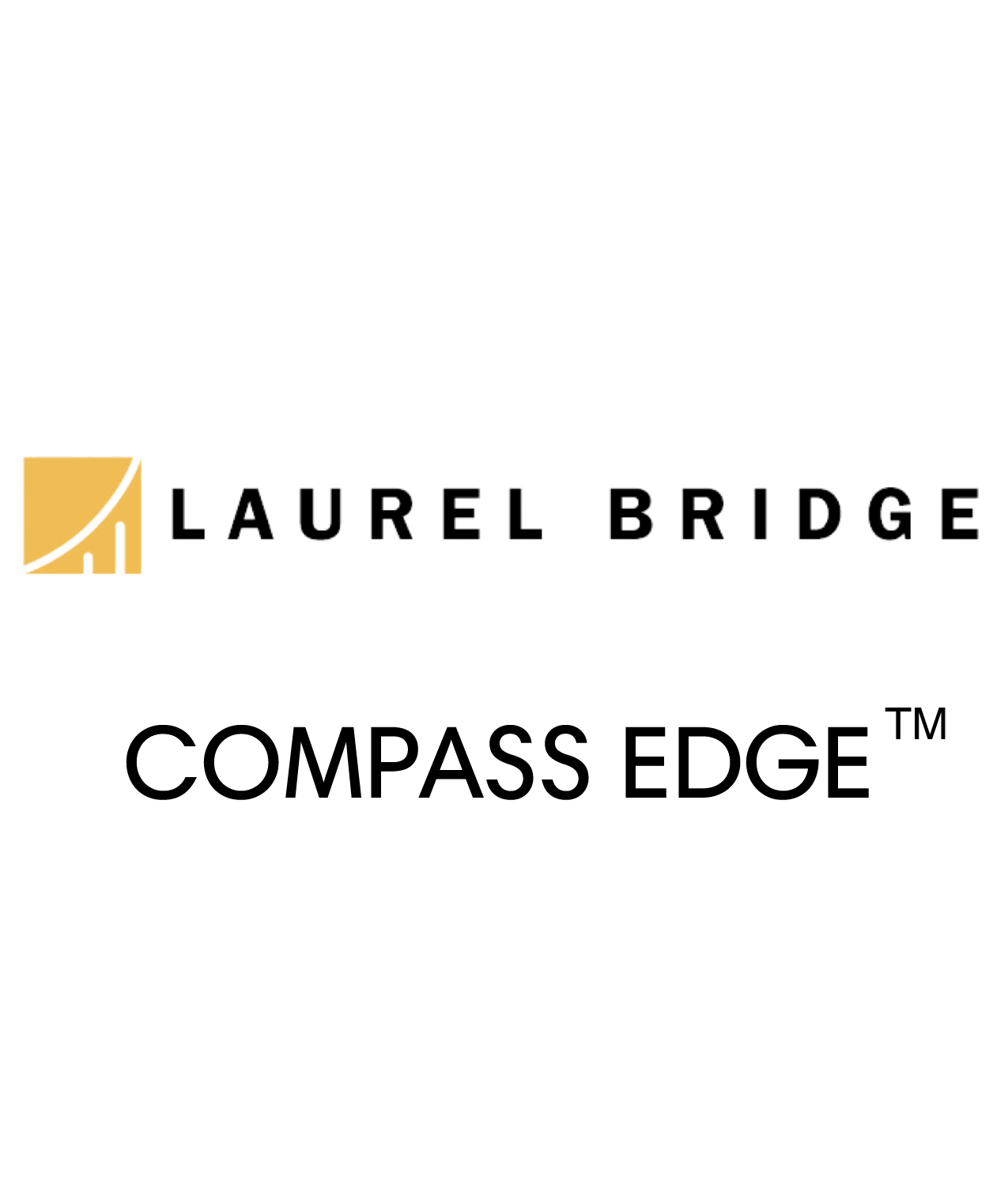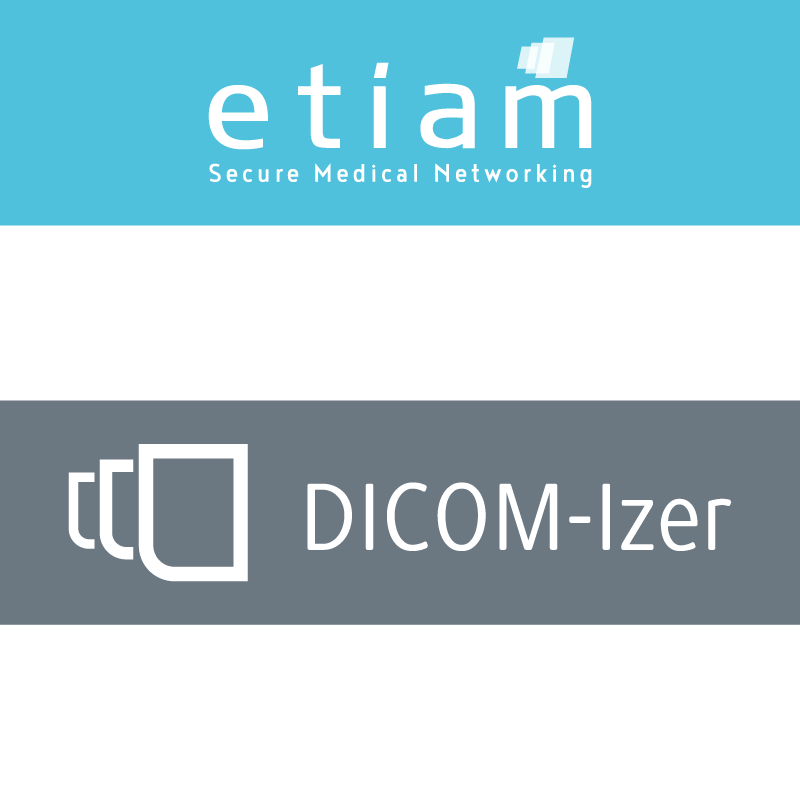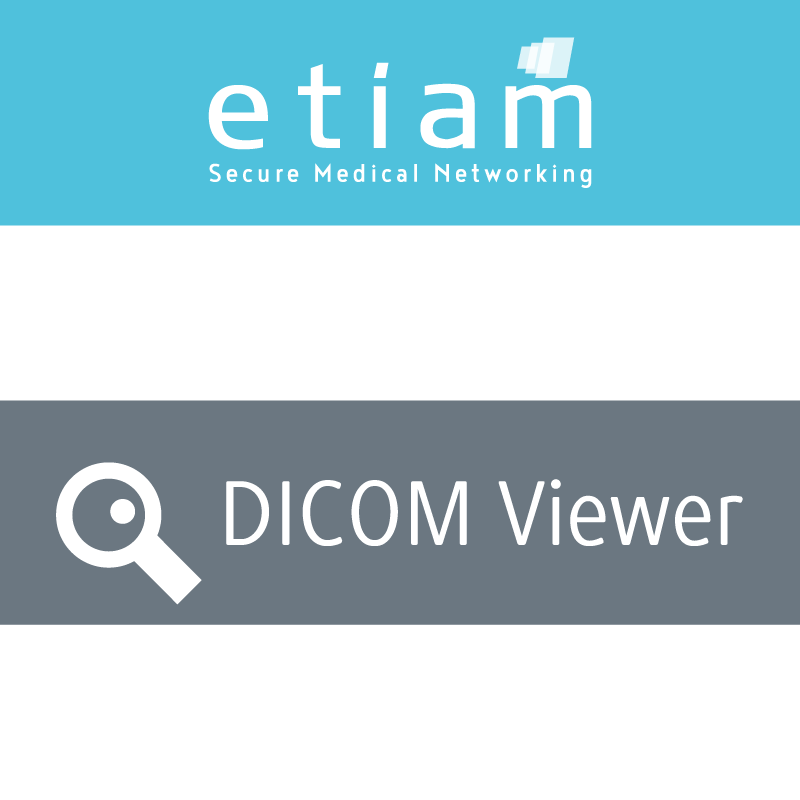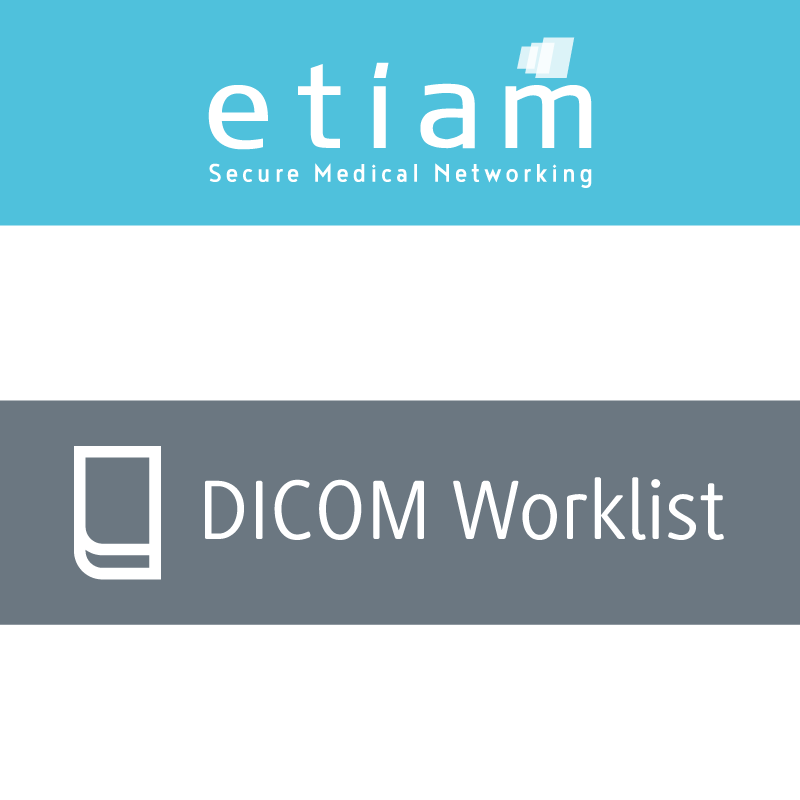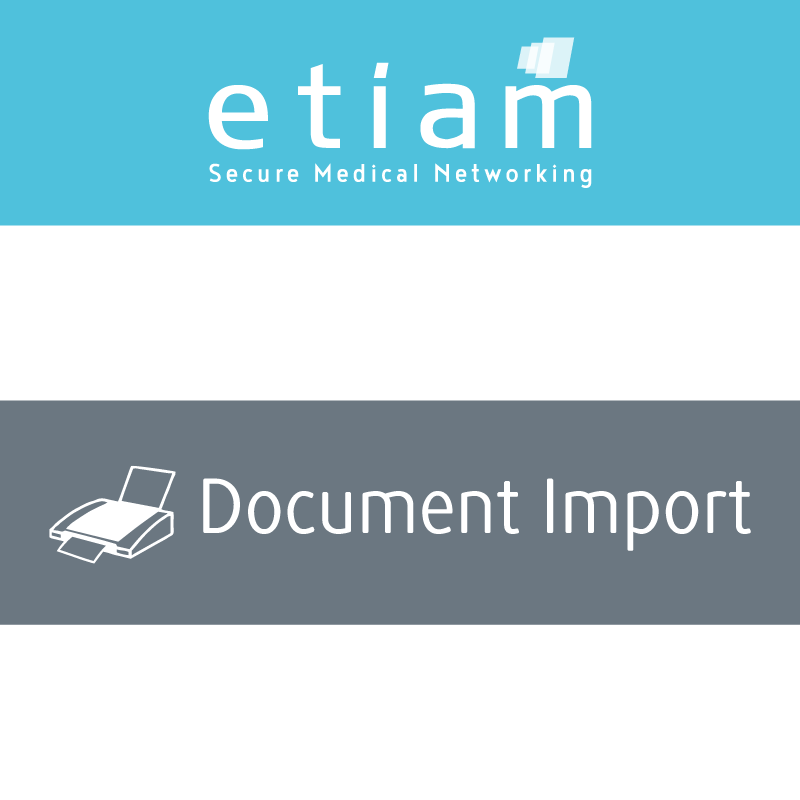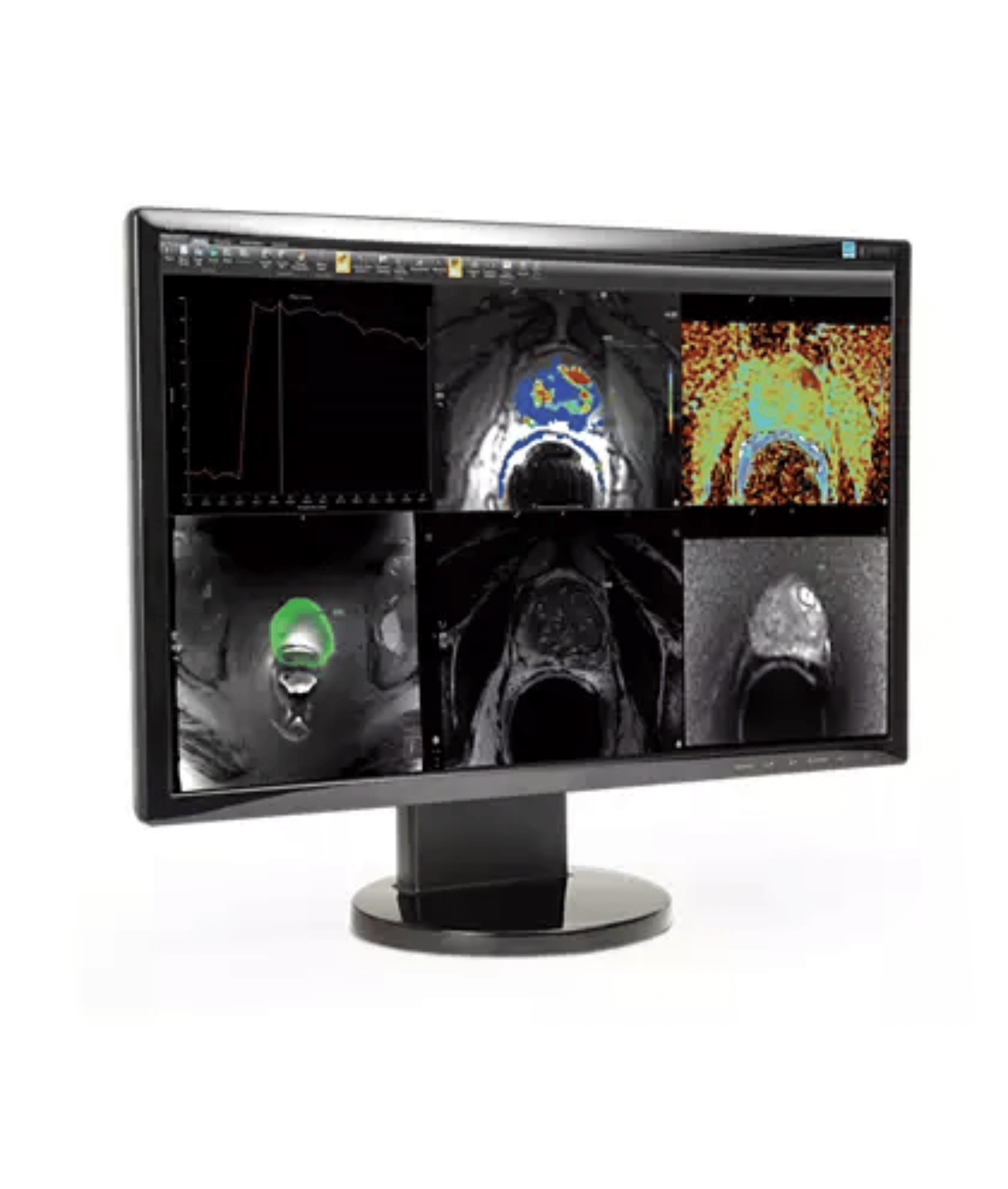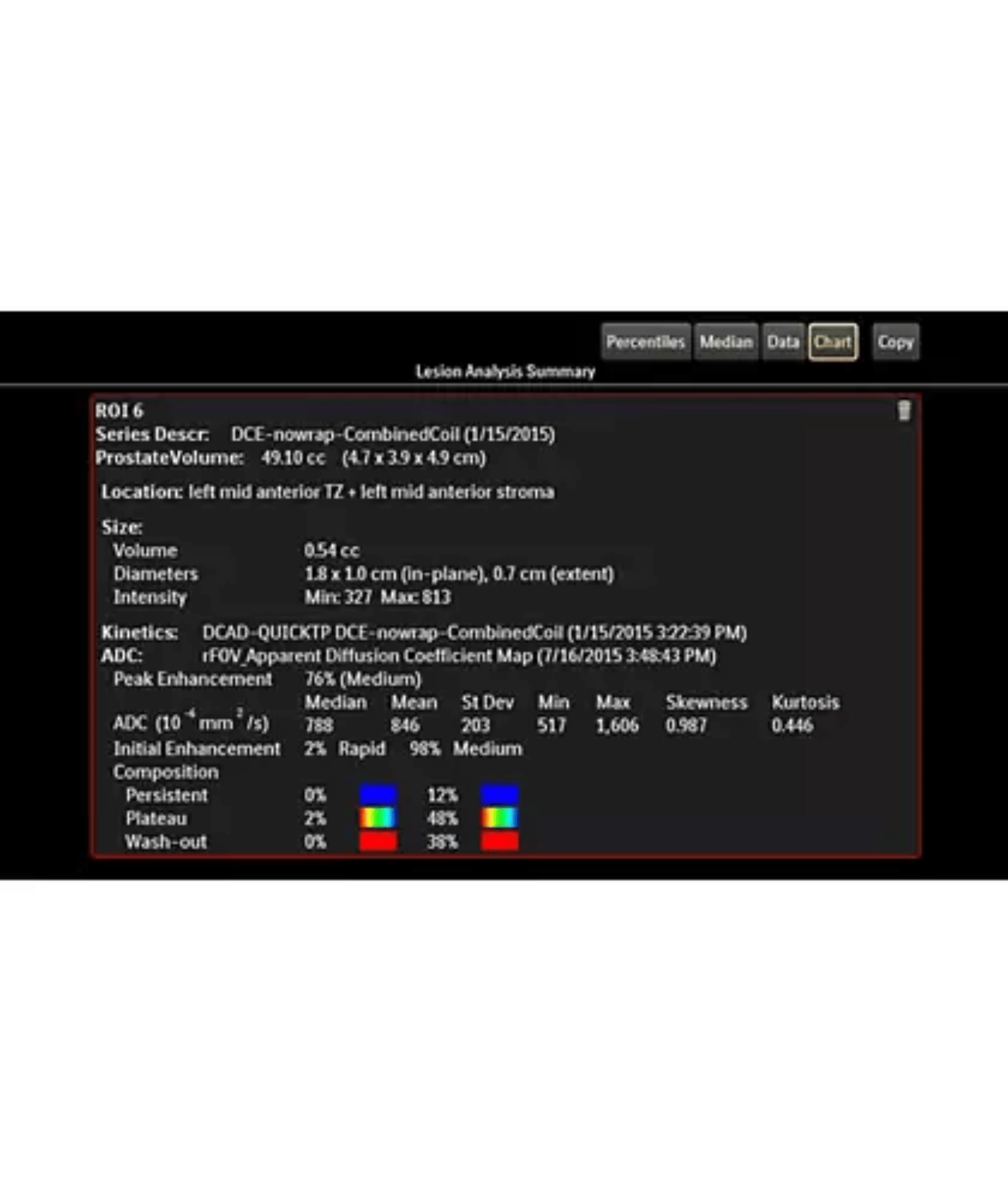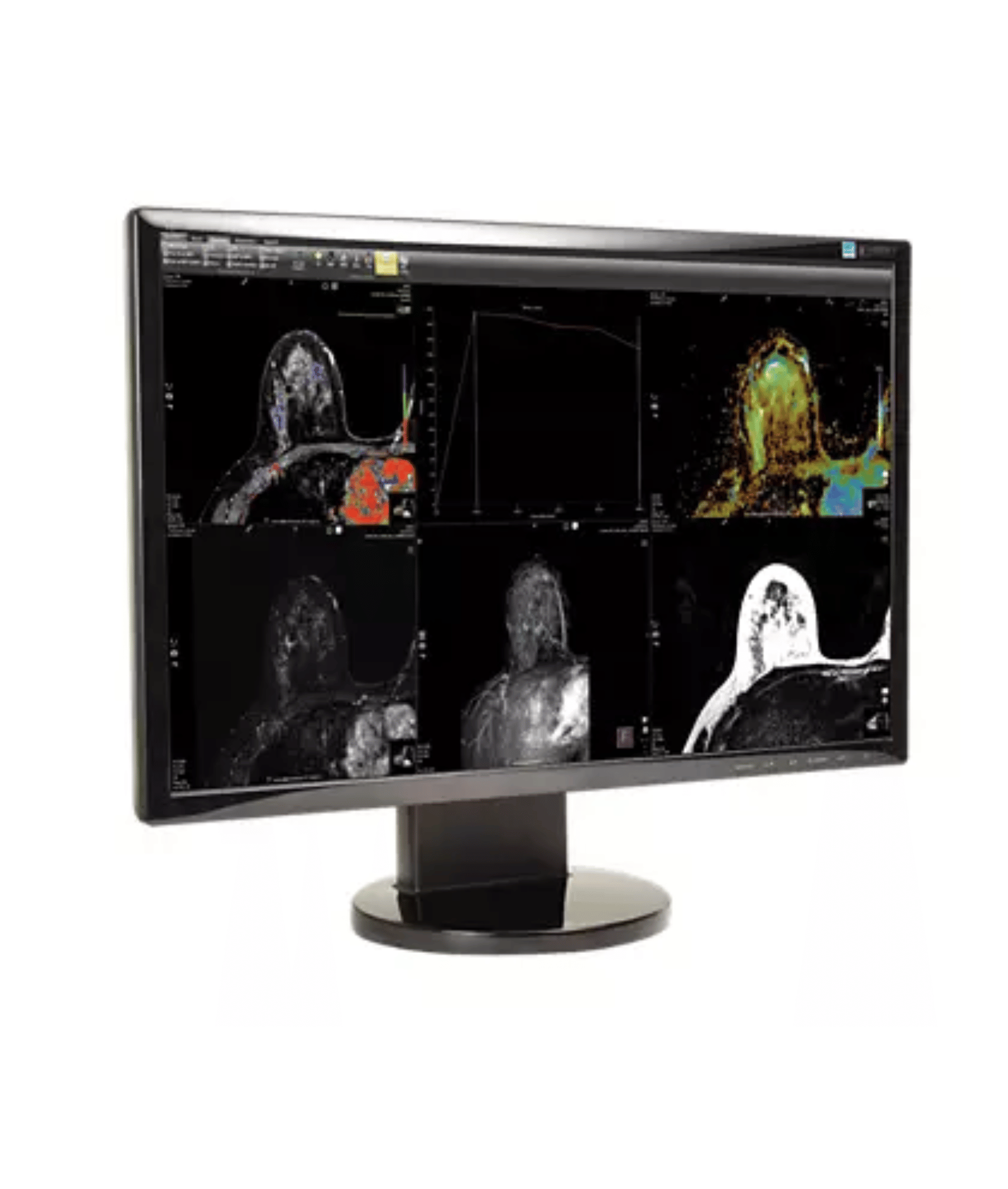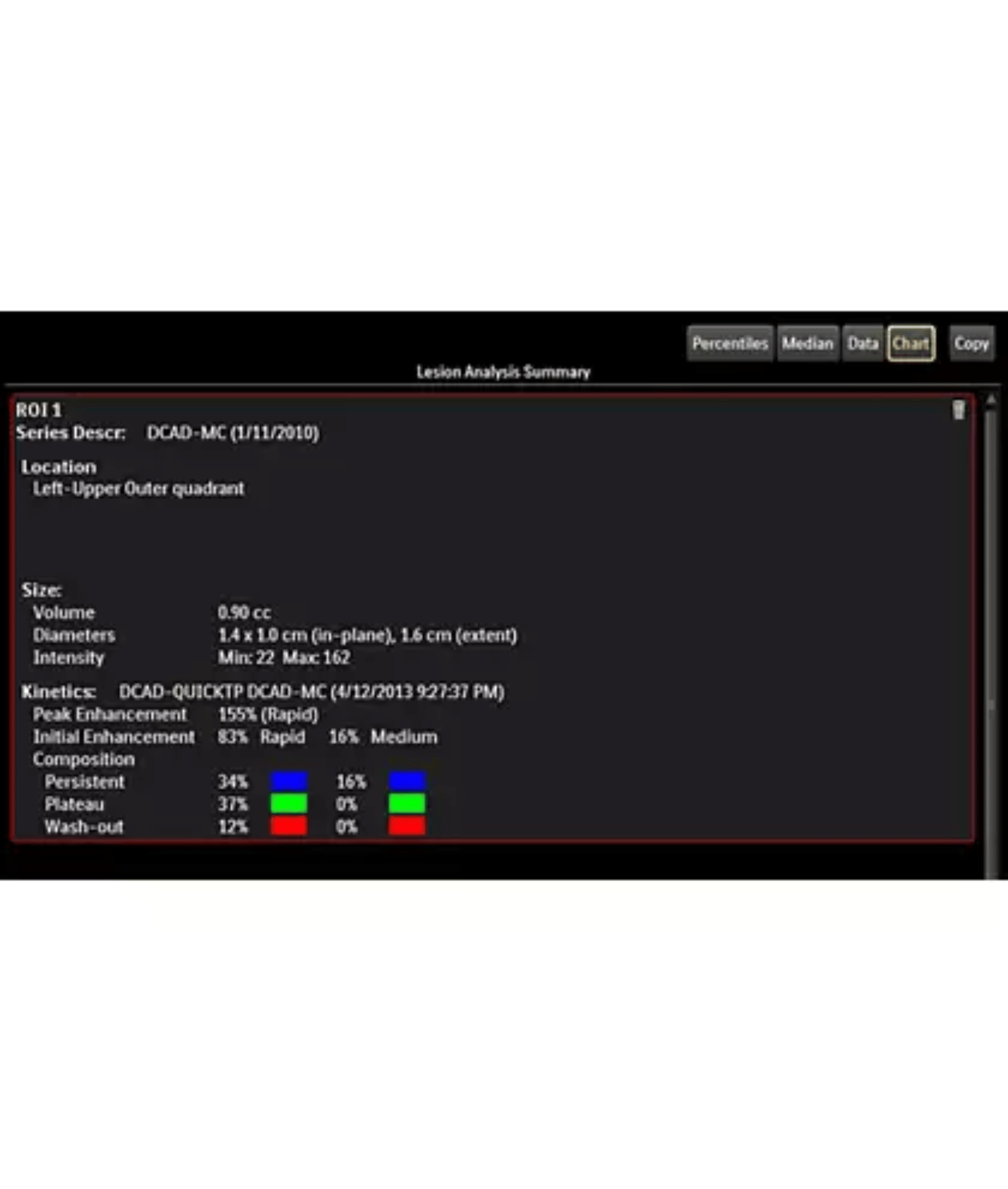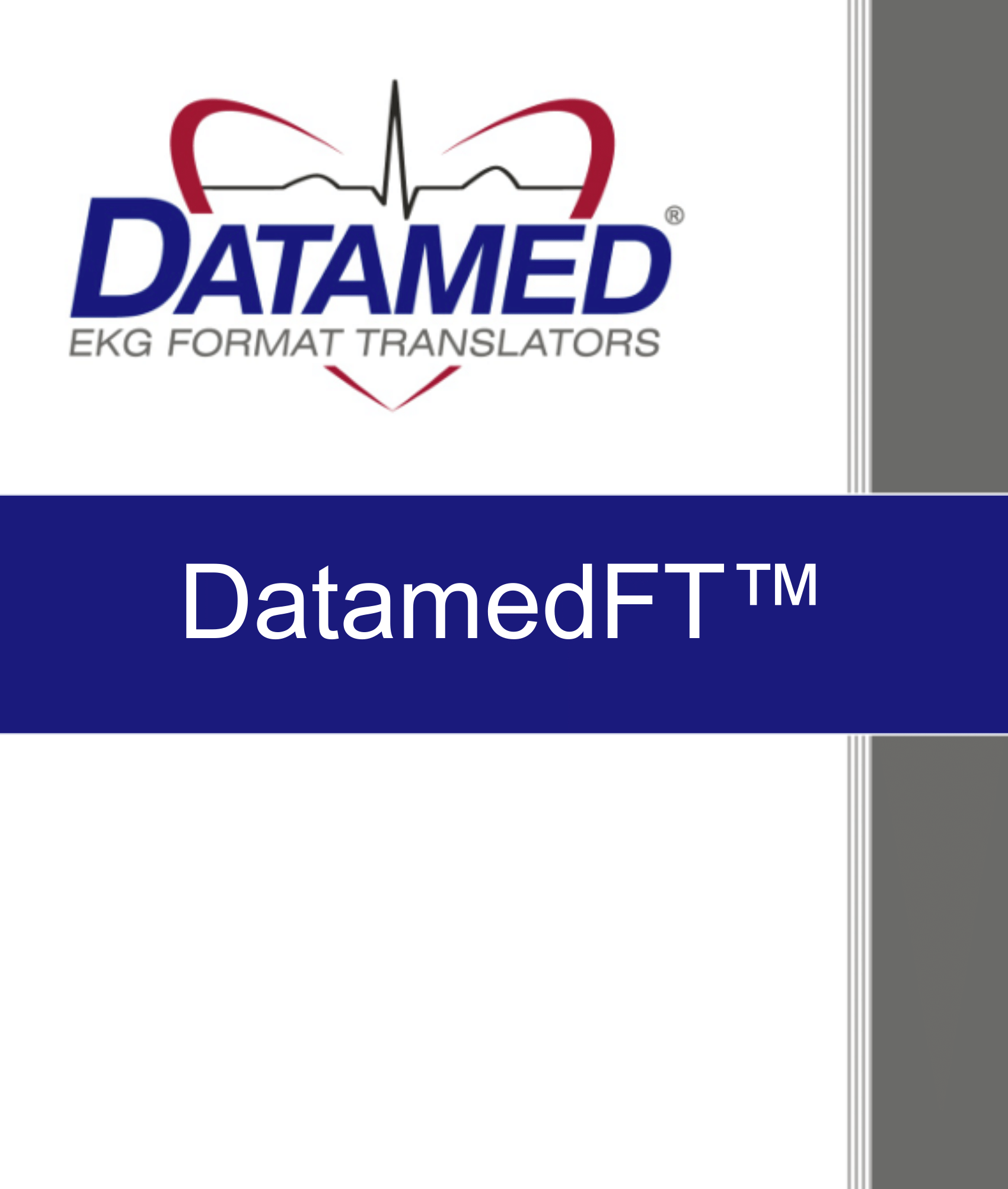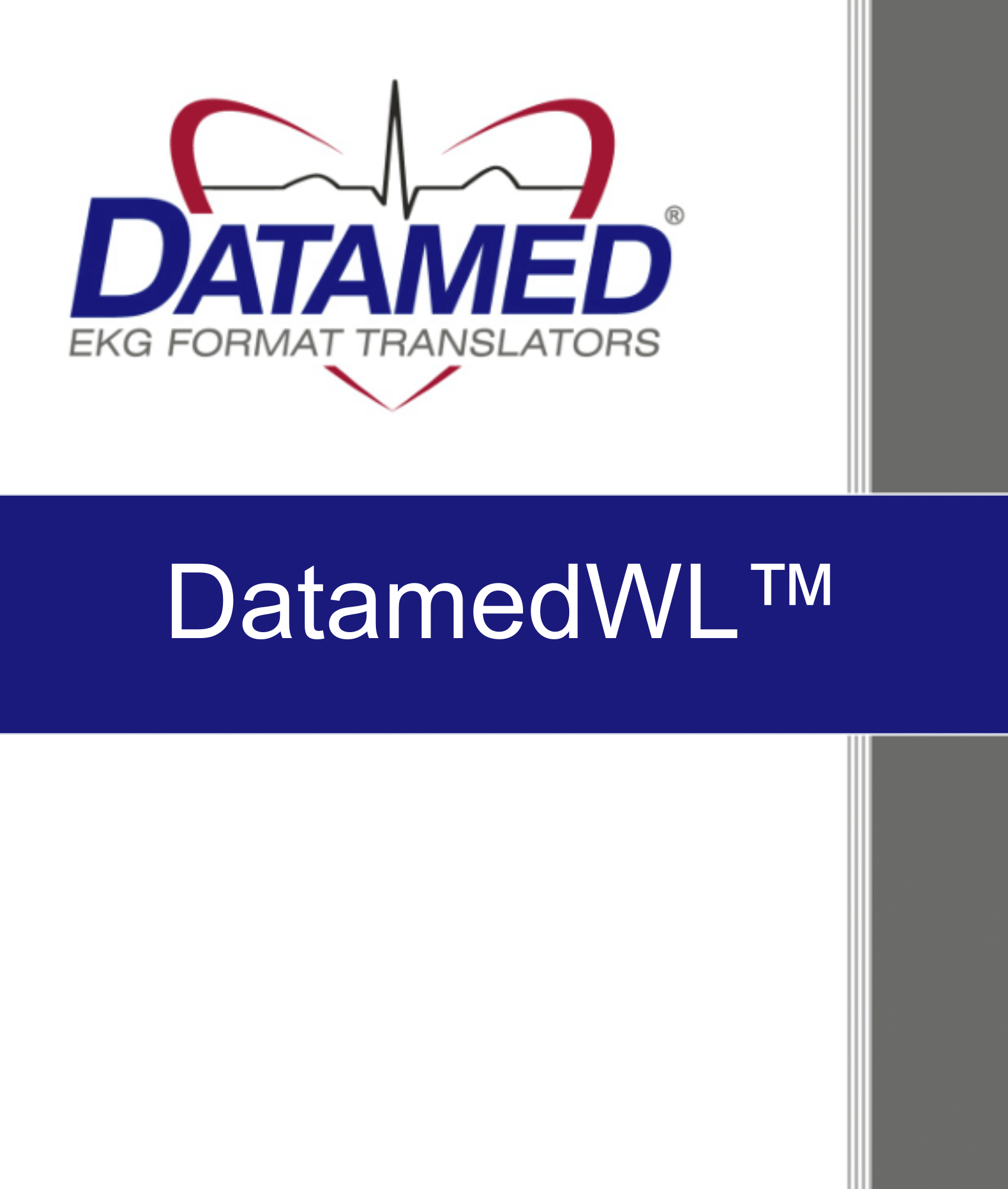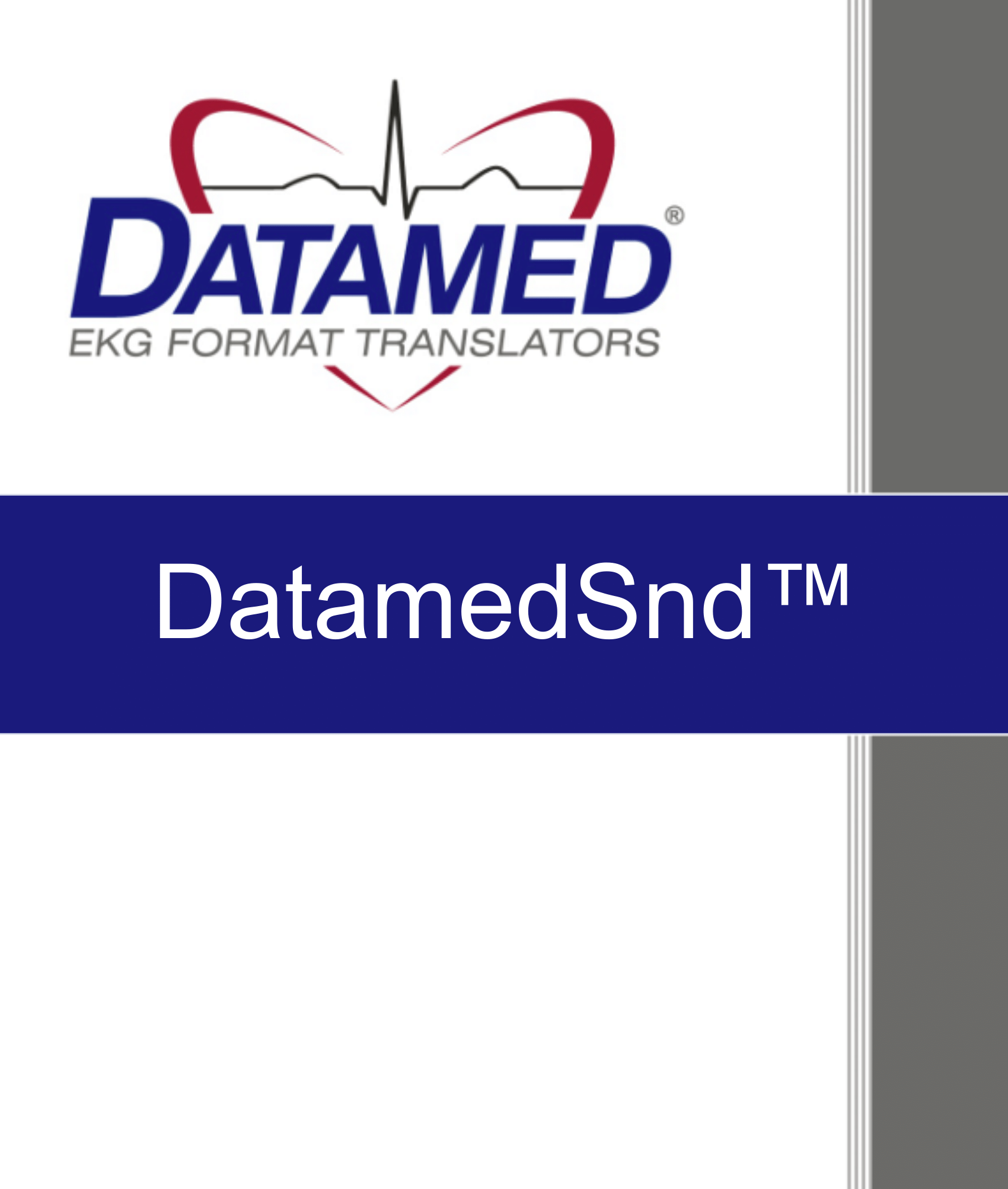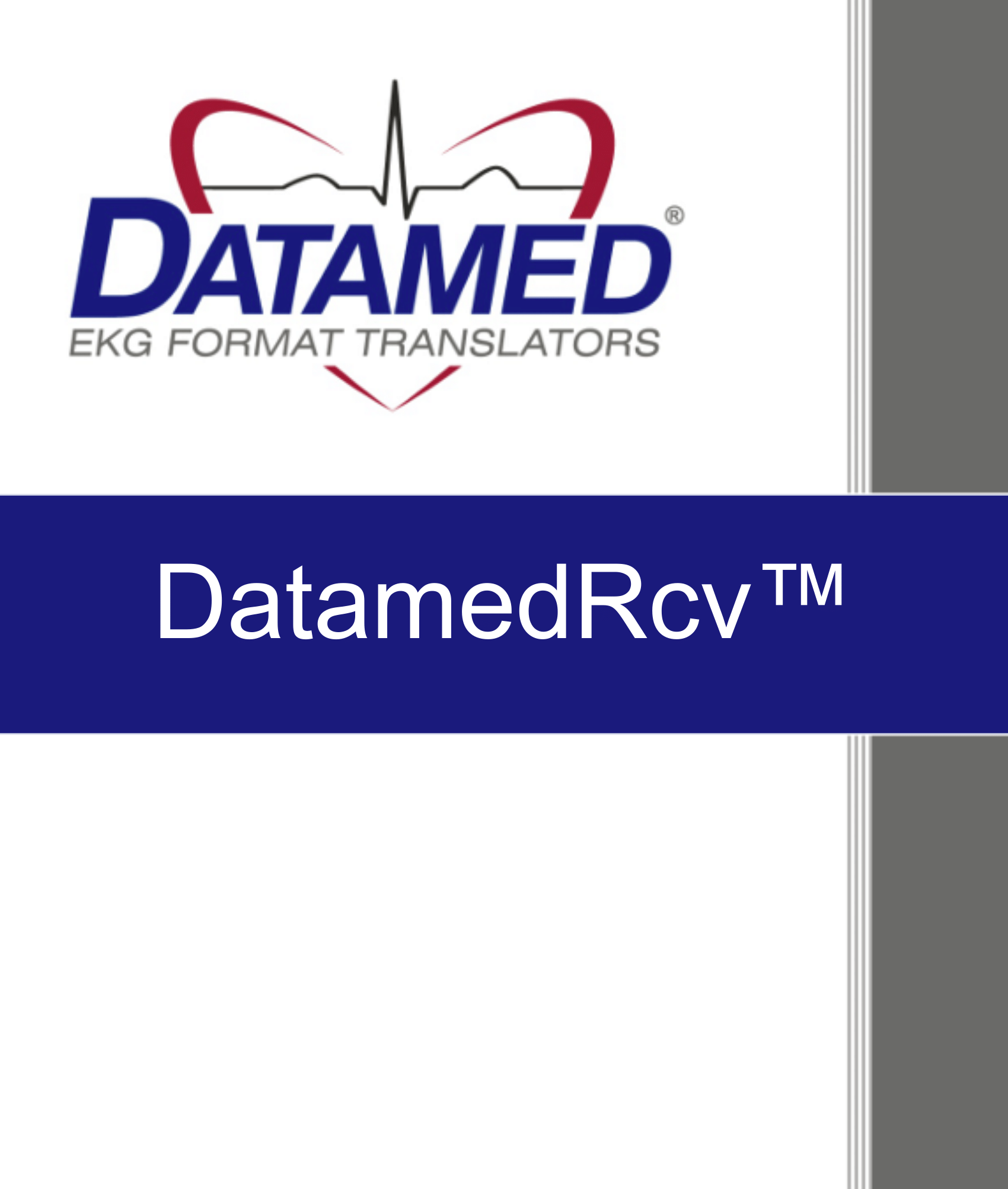Description
How can DCF make life easier for your developers?
- Example DICOM client and server programs for all major SOP classes
- Component-based framework facilitates rapid application development
- Multi-language support: C# .Net, Java, or C++
- Multi-platform support: Windows, Linux or other Unix platform
- Built-in DICOM compression support, optional integration with Accusoft, Aware & other high performance JPEG compression libraries
- Multiple integration models
- Automatic generation of makefiles, Visual Studio project files, configuration files, and docs
- Online API and application documentation
- Automatically generated debug and trace instrumentation
- Web-based service, diagnostic, and configuration interfaces with real-time access and updates
- IOD object generation technology – Java, C++, or C# wrappers for DICOM IODs are auto-generated
- And much more…
Specialized Domains
Developing an application to support Non-Destructive Testing (NDT)? Need to create a DICONDE or DICOS solution? Looking for rock-solid software design, API and SDK support for a veterinary, dental, mammography or clinical research application? The DCF has you covered, with support for a wide variety of specialized domains including NDT, DICONDE, DICOS, veterinary, dental, digital mammography and clinical research customizations that require DICOM.
The DCF is the only DICOM software solution that provides a consistent API to develop DICOM C# .Net, C++ and Java applications, as well as support for 32 and 64 bit Windows, Linux, and other UNIX platforms.
Technical features and functionality of the DCF include
| Features & Functionality | DCF 3.3 | DCF 3.4 |
| Supported Languages | C#, Java, C++ | C# |
| Comprehensive DICOM SOP Class Support | • | • |
| DICOM Transfer Syntax Support | • | • |
| Multiple Platform & Language Support | • | • |
| Advanced API and Development Environment | • | • |
| Advanced Dataset/DIMSE Message Filtering or Tag Morphing | • | • |
| Dataset Anonymization Support | • | • |
| Per-Association Configuration | • | • |
| Pixel Data Streaming | • | • |
| Performance Tracking | • | • |
| Logging Facilities | • | • |
| Configuration Object Data Base | • | |
| System Manager | • | |
| Web-Based Service/Diagnostic Interface | • | |
| Extensive Scripting Support | • | |
| Numerous Example Programs | • | • |
| Additional Tools and Utilities | • | • |
Each copy of DCF includes PowerTools, a rich set of DICOM applications & utilities
Technical Specifications
The DICOM Connectivity Framework, or DCF, is a software product that enables a medical imaging system, including printer, scanner, modality, archive device, or workstation, to communicate with other devices over a network, using the DICOM version 3 protocol.
Supported languages & latest releases
- C# – Version 3.4.18c, released Sep. 27, 2018
- Java – Version 3.3.64c, released Oct. 9, 2018
- C++ – Version 3.3.64c, released Oct. 9, 2018
Count on language, platform and domain flexibility
The DCF is the only DICOM solution that provides software developers a consistent API to C++, Java and C# .Net, as well as support for 32 and 64 bit Windows and Linux platforms. With DCF, you also get support for a number of specialized domains including DICONDE, DICOS, and veterinary customizations that require DICOM.
System Architecture
The DCF is a modular system, made up of various software components. These software components are combined with the OEM’s software on a particular computer platform to form a system. DCF components are tested by Laurel Bridge on a wide variety of systems covering just about any potential OEM system configuration.
Example: Dicom Server App
This is an example framework diagram for a DCF-based DICOM server application. Typically, a DICOM software application such as this requires significant implementation time and effort. With the DCF, a working application like this can quickly be crafted using a variety of base-classes and component libraries.
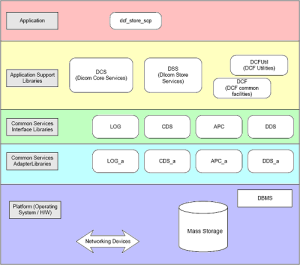 This diagram illustrates the layered approach to DCF design. The top application layer contains the dcf_store_scp application component, which is the application entry point that managed initialization of the Common Services Adapters and other objects in the DCS and DSS libraries that perform the real work of implementing the Storage SCP.
This diagram illustrates the layered approach to DCF design. The top application layer contains the dcf_store_scp application component, which is the application entry point that managed initialization of the Common Services Adapters and other objects in the DCS and DSS libraries that perform the real work of implementing the Storage SCP.
The libraries in the application support layer perform the real DICOM work. The DCS library provides the basic classes for DICOM attributes or elements, data sets, PDUs, DIMSE messages, as well as higher level classes such as AssociationManager, DicomAssociation, for easily managing multiple concurrent associations, DicomDataDictionary, numerous classes for network and file I/O and Data set/Image filtering. The DSS library provides the StoreSCP class which registers as the handler for all Storage presentation contexts. C-Store-Request messages are dispatched to StoreSCP.
The common services interface layer provides abstract interfaces for services such as logging, application configuration, process control, and data storage/retrieval. StoreSCP invokes the storeObject method on the DDS (DICOM Data Service) interface to locally store the dataset contained in the C-Store-Request message.
The common services adapter layer provides concrete implementations of common services. The LOG adapter (LOG_a) library writes log messages to either the file system or the LOG Server, via the DLOG (Distributed LOG) CORBA interface. The Configuration Data Service adapter (CDS_a) accesses configuration data from either the file system or the DCDS_Server, using the DCDS (Distributed CDS) CORBA interface.
The DICOM Data Service adapter might store image or SOP instance data to the file system, and may store header data in an SQL database system. An OEM that wishes to customize the behavior of the store_scp for example to use a locally defined schema needs only implement one method: storeObject. The developer can opt to hide all handling of concurrent network associations, DIMSE messages, and other complex DICOM details.
Exhaustive technical details about this example and the DCF in general are provided in the online DCF Developers Guide.
